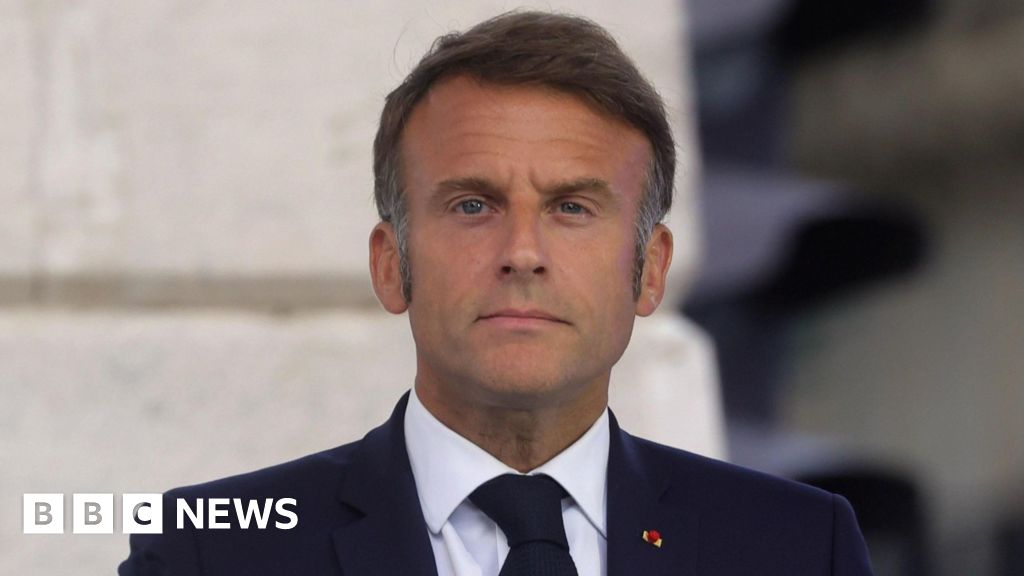French President Emmanuel Macron has unveiled his new government almost three months after a snap general election delivered a hung parliament.
The long-awaited new line up, led by Prime Minister Michel Barnier, marks a decisive shift to the right, even though a left-wing alliance won most parliamentary seats.
Despite the partnership between Macron’s centrist party and those on the right, parliament remains fractured and will rely on the support of other parties to pass legislation.



The main political difference between Neoliberalism and Fascism is the order at the very top of the power pyramid:
For both the rest of the pyramid - I.e.citizens - are only there to produce wealth for the top.
Whilst it’s much more obvious to people that Fascism wants to control them because the Fascist State cannot allow itself to be controlled by the populous via elected leaders, Neoliberalism keeps the vote as a sort of meaningless ritual were people elect “leaders” (and generally the “choices” offered are carefully selected) for an entity which is not the one that actually controls things so de facto the vote controls little or nothing and all the Neoliberals have to worryabout is to stop any politicians who would actually try to undo the Neoliberalist structure (which is why you see things like transnational Trade Treaties which require countries to practice elements of Neoliberalism, sometimes even including element such as “arbitrage” courts explicitly placed above all sovereign power including the highest courts of a land).